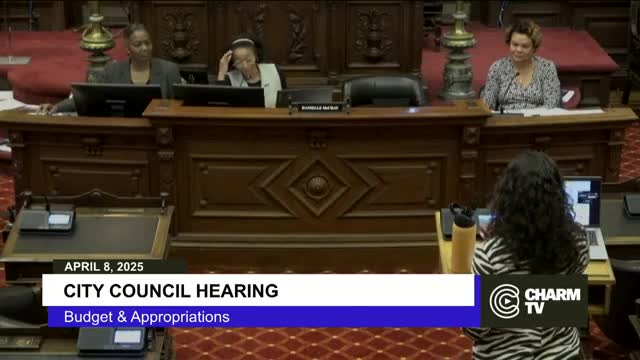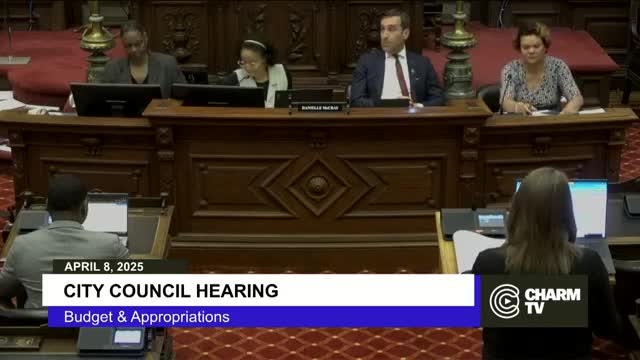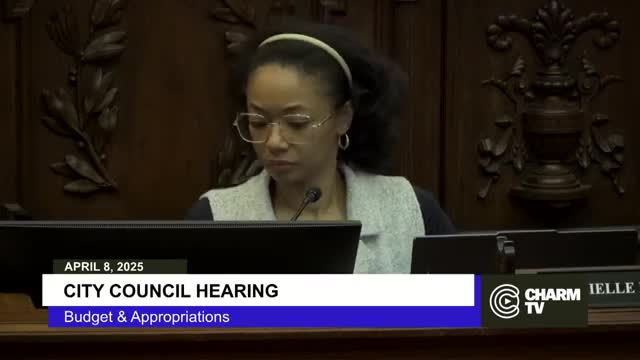Article not found
This article is no longer available. But don't worry—we've gathered other articles that discuss the same topic.

Planning department outlines FY24–FY25 capital program as temporary HUR increase boosts transportation funds

City projects $8.3 million FY25 shortfall as police, fire overtime and fleet costs drive deficits

